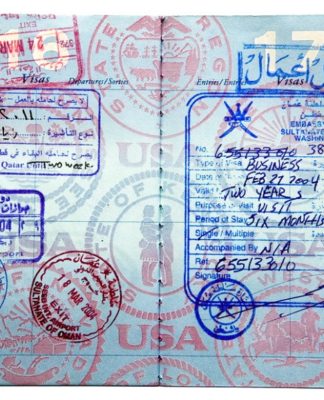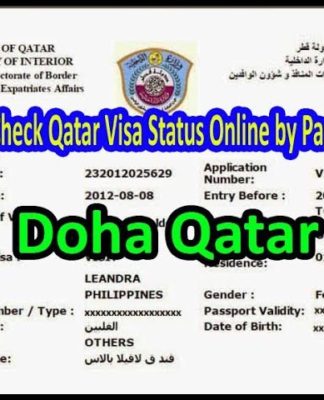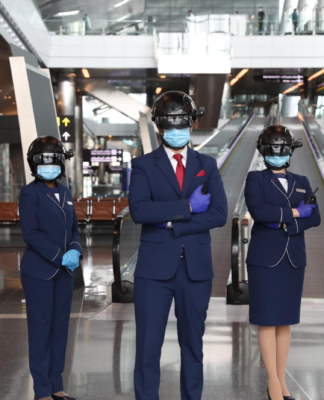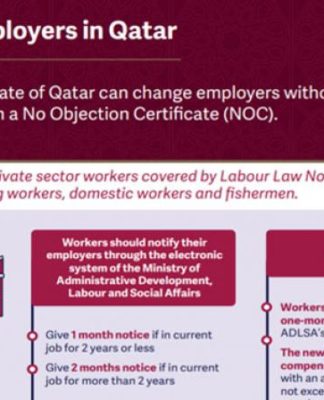3 years have passed and the State of Qatar has not failed to complete its legal course in the lawsuit it filed regarding violations of the embargo countries by international agreements by closing its airspace in the face of Qatar’s civil aviation. Here is the case, once again, to the Civil Aviation Organization (ICAO), after the International Court of Justice’s decision to reject the blockade states’ request to consider the organization not competent to consider the complaint filed by Doha against it.
And based on the unanimous decision of the members of the court, including the special judge appointed by the blockading countries; ICAO has resumed dispute resolution procedures in the lawsuit submitted by the State of Qatar, and granted the four countries Saudi Arabia, the Emirates, Bahrain and Egypt, a period that will elapse after 7 days from now, to respond in writing to the Qatari complaint.
In the case filed in October 2017 – in which it presented all the violations committed by the four countries, due to non-compliance with the provisions of the Chicago Convention and the International Air Transit Services Convention – Qatar requested that ICAO adjudicate the issue of the flight ban and declare it an illegal procedure, which the organization has already approved.
However, the blockading countries opposed the decision, affirming that ICAO was not the competent body to rule on this dispute, and sought refuge in the International Court of Justice. According to “Al Jazeera Net.”
Ignore international law
In this regard, Professor of Law at Qatar University, Dr. Khaled Al-Shammari asserts that the International Court of Justice decision is part of a series of rulings that reveal the blockade countries ’insistence on ignoring international law, and every time their arguments are refuted, and the validity of the State of Qatar’s position is confirmed.
Al-Shammari says to Al-Jazeera Net that the conflict between Qatar and the blockading countries is strictly legal and not political, and that what the siblings do has no legal feasibility, but rather the goal of prolonging the litigation.
The legal expert believes that the opening of the airspace is a matter of time, no more, no less, as the blockading countries know very well that they have no right from the legal side, and that they work with all their efforts to prolong the time of the case.
As for compensation, according to Al-Shammari, the matter is permissible in principle, especially after Qatar, its citizens and residents, and Qatar Airways are severely damaged, but the compensation phase will come at a late period, as obtaining a ruling in this framework requires a long period.
For its part, Qatar Airways confirmed that it will seek to take all legal and legal means in order to obtain full compensation for it and protect its rights and the rights of its customers.
She said that the arbitrary measures taken by the four blockading countries against them have caused serious damage to their investment and development plans in these countries.
The decision of the Court of Justice
With regard to the decision of the International Court of Justice, economic analyst Abdul Rahim Al-Hour explained that the decision confirmed the commitment of the State of Qatar to international law, and its defense of damage to its various components and economic sectors, as well as all other sectors closely related to the economy.
Al-Hoor assures Al-Jazeera Net that Qatar’s crisis was not a matter of sovereignty, but rather the right to defend the interests of its citizens and residents, as well as all vital companies and sectors that were affected by the crisis of the Gulf dispute at all levels.
He believes that the most positive aspects of dealing with the crisis between the International Court of Justice and the Civil Aviation Organization from the economic side are the high credit rating of the Gulf region, restoring confidence in the flow of capital, and providing a safe environment for investments.
Al-Hour believes that the Gulf crisis has reached an appropriate time to achieve a breakthrough, through the activation of indirect back channels, and communication at the levels related to common industries, economic supplies and complementary industries.
Since the imposition of the illegal blockade in June 2017, the State of Qatar has continued to address the illegal measures taken by the blockade countries and violating international law, and the decision of the International Court of Justice is the latest in a series of international provisions that confirm the integrity of the position of the State of Qatar.
This ruling comes in the wake of the ruling issued by the World Trade Organization last June, which recognized that the Kingdom of Saudi Arabia violated its obligations under the WTO Agreement on Trade-Related Aspects of Intellectual Property Rights (TRIPS Agreement).






























